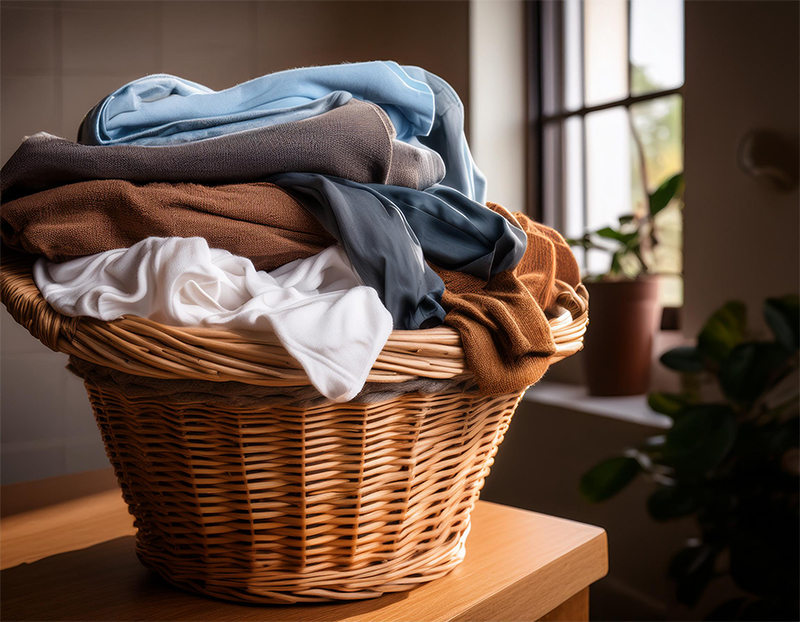
Laundering
Clothes washed in hard water often look dingy and feel harsh and scratchy. Soil on clothes can introduce even more hard minerals into the wash water. Continuous laundering in hard water can damage fibers and shorten the life of clothes by up to 40 percent.
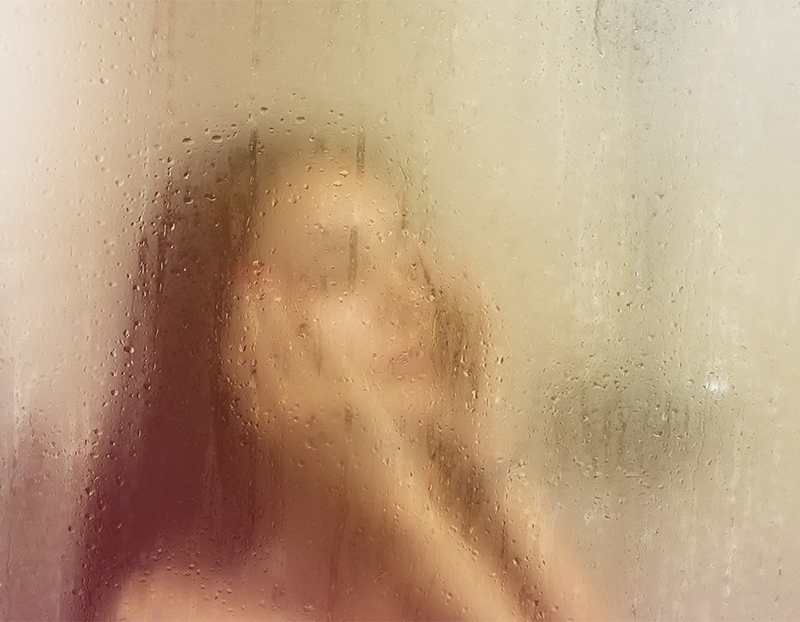
Bathing
Bathing with soap in hard water leaves a film of sticky soap curd on the skin. The film may prevent the removal of soil and bacteria. Soap curd interferes with skin return to its normal, slightly acidic condition and may lead to irritation. It may also make hair dull, lifeless, and challenging to manage.
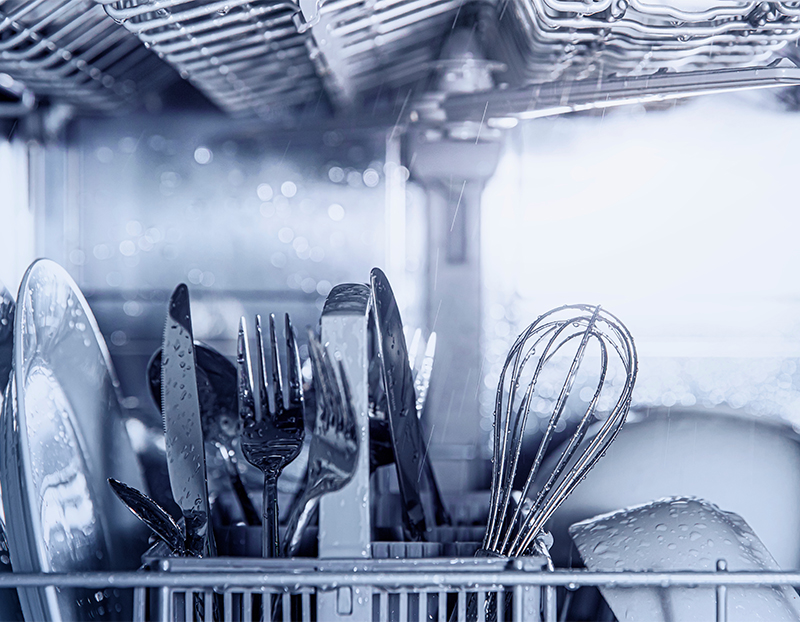
Dishwashers
Hard water may cause spotting and filming when washing dishes, especially in a dishwasher. The minerals from hard water are released faster when they come into contact with heat, increasing the amount of spotting and filming. This problem is not a health risk, but it can be a nuisance to clean and reduce the quality of your crockery.
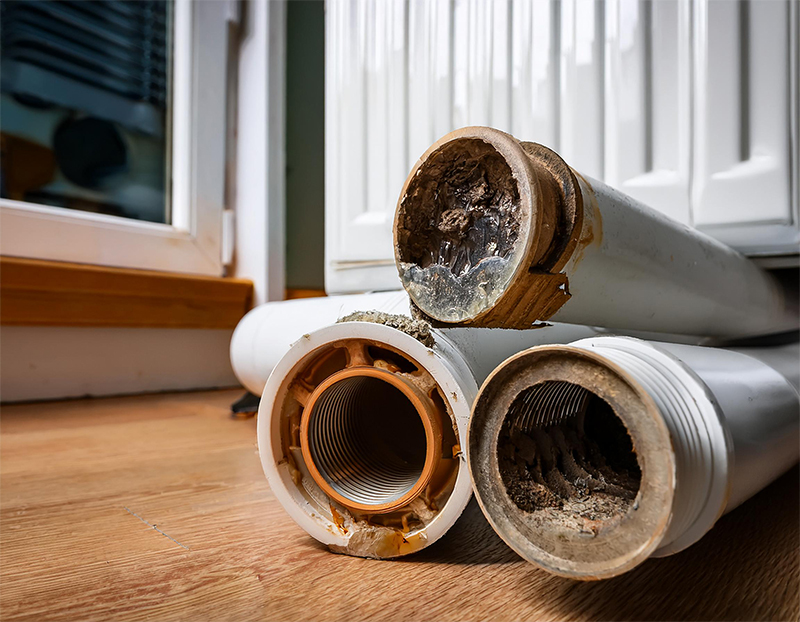
Water Boiler Systems and Pipework
Hard water also contributes to the inefficient and costly operation of water-using appliances. Heated hard water forms a scale of calcium and magnesium minerals (limescale deposits) that can contribute to the inefficient operation or failure of water-using appliances. Pipes can become clogged with scale, reducing water flow and ultimately requiring pipe replacement. Limescale has been known to increase energy bills by up to 25%
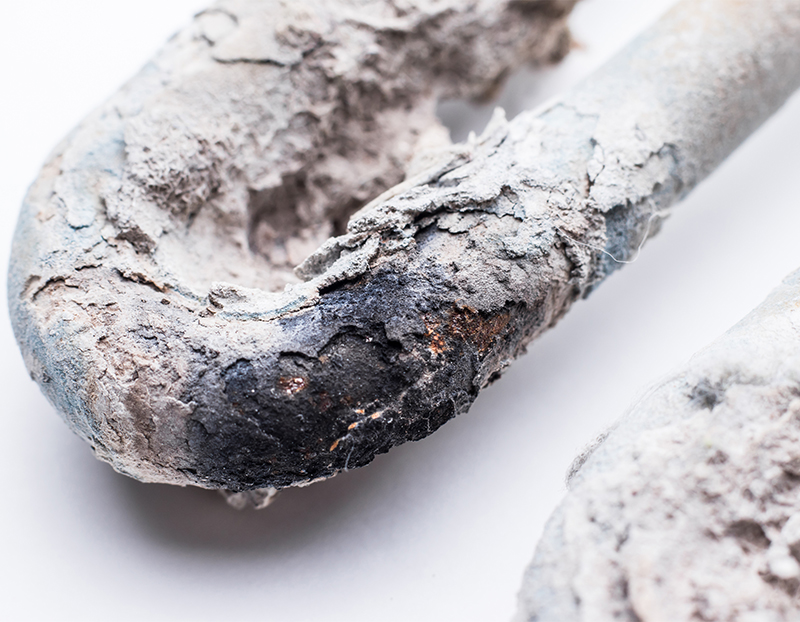
Limescale in Solar Heating Systems
Solar heating, often used for heating swimming pools, is prone to limescale buildup. This can reduce the efficiency of the electronic pump and, therefore, deteriorate the overall system performance. A low-cost solution to this problem is to install a magnetic water conditioner before the pump. This will prevent limescale buildup and, over time, remove existing limescale.
